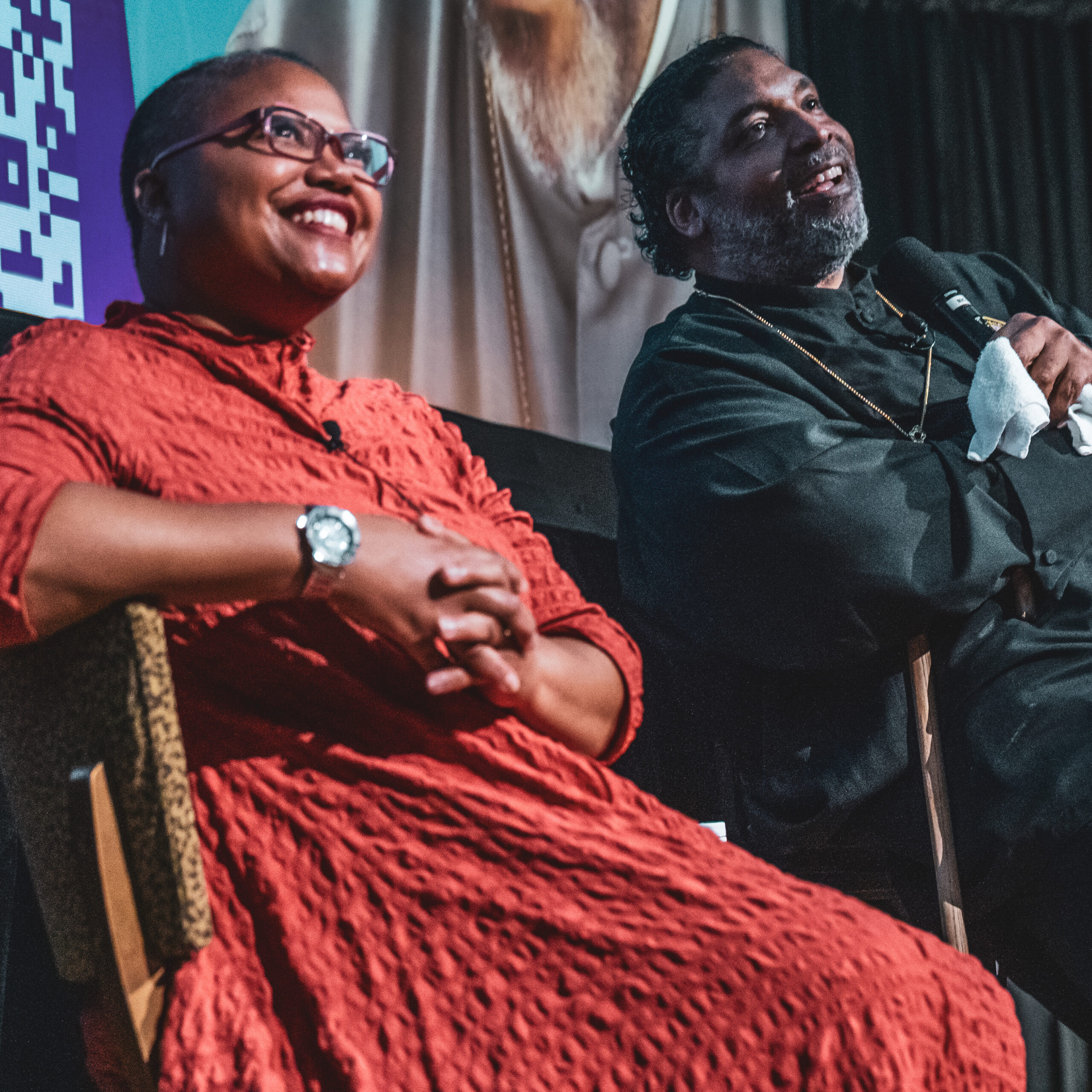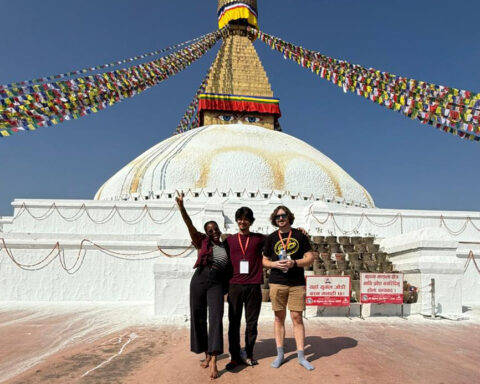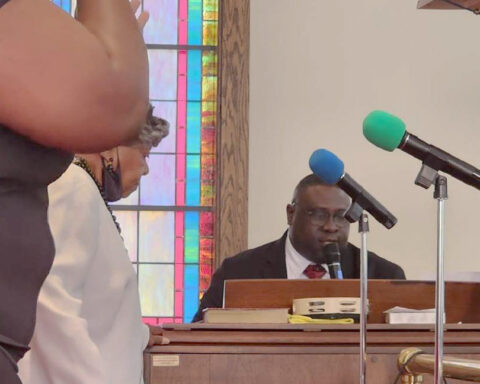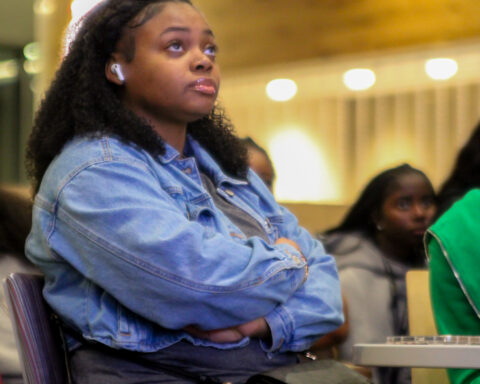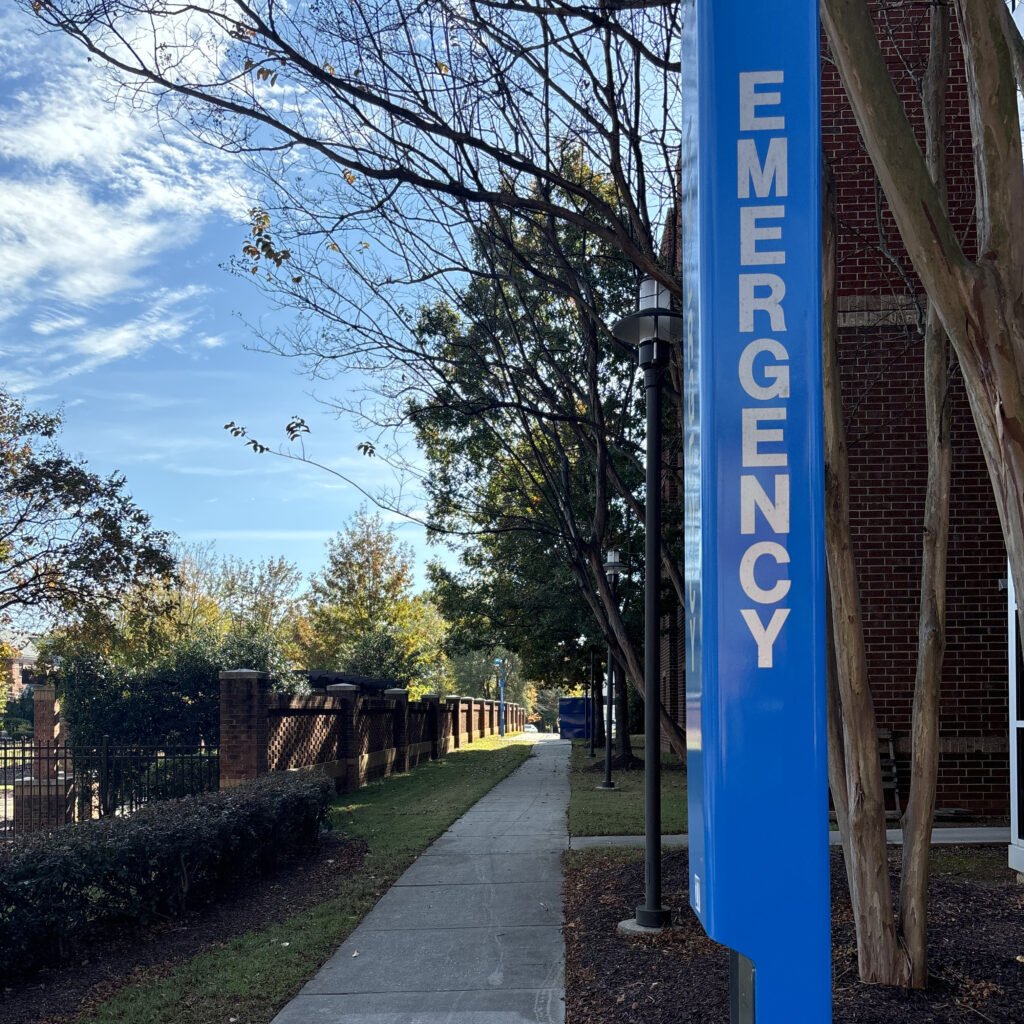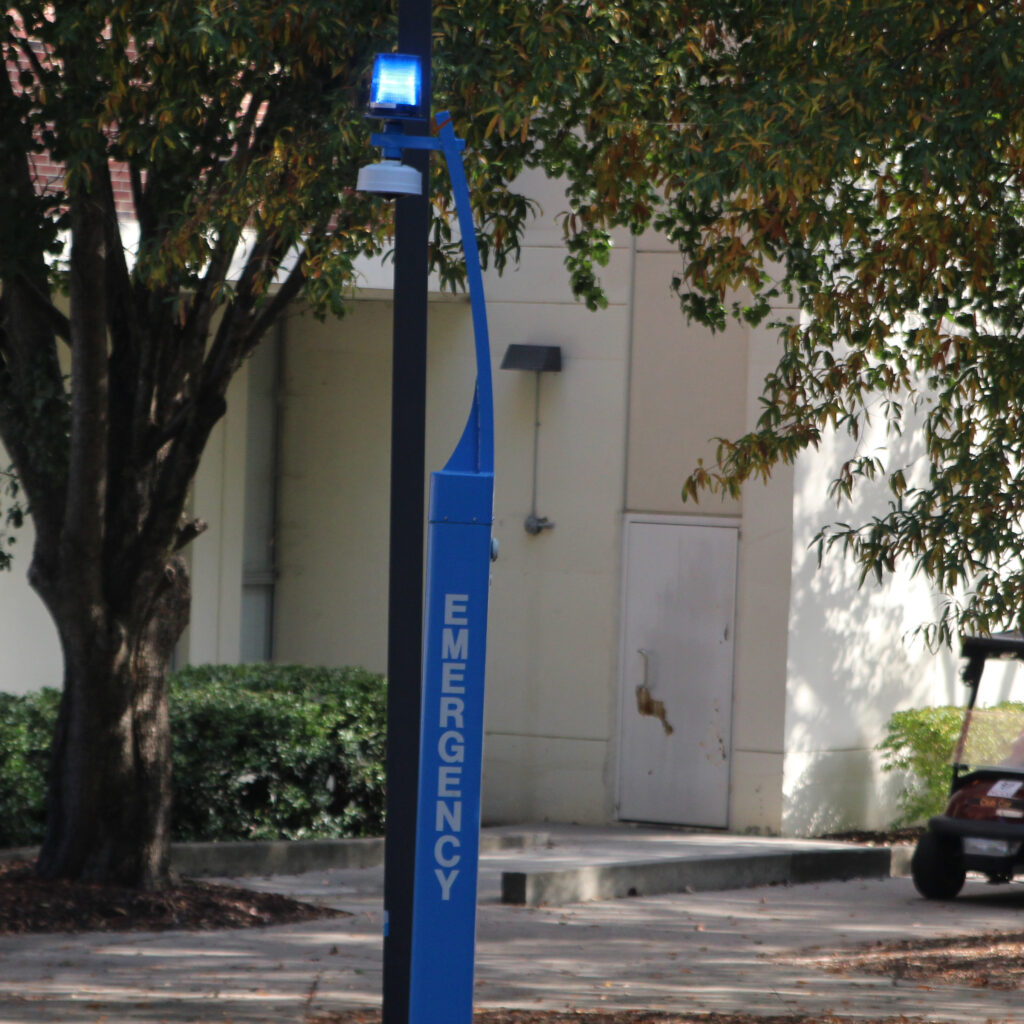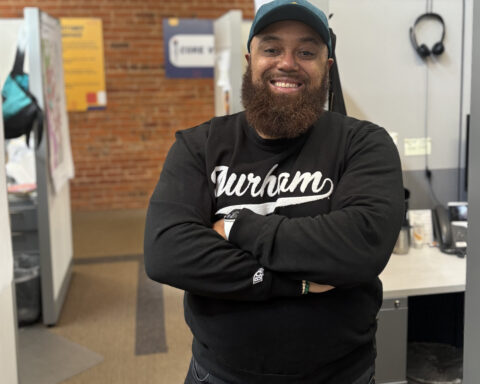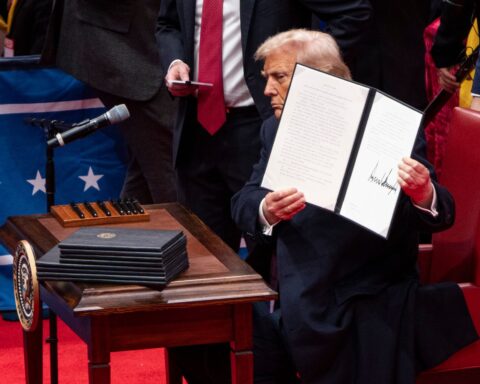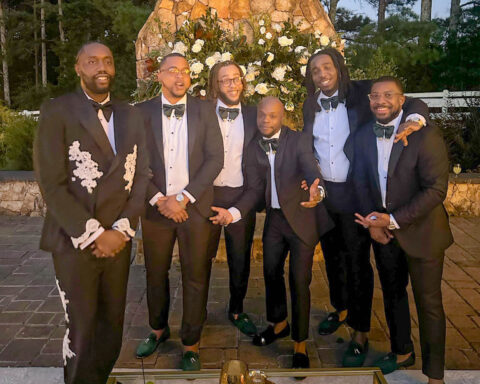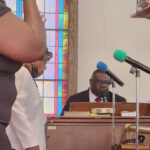How do we connect the events of today to events that took place during the Civil Rights Movement? This is the question the Rev. William Barber II set out to answer at the Hayti Heritage Center on Nov. 8.
Barber is a minister, social activist and professor. He was also an N.C. Central University alumnus, the former president of the North Carolina NAACP, and a member of the NAACP board of directors. He is currently senior pastor of Greenleaf Christian Church in Goldsboro.
Hosted by Adriane Lentz-Smith and the Duke Kenan Institute for Ethics, Barber led the discussion “On Creating a Moral Fusion Movement that Unites Across Division.”
Barber started the conversation by tackling the topic of grief, especially after the 2024 election.
“If you just started feeling grief Tuesday, you might be too late,” Barber said. “We should have been angry and grieving before now.”
Barber took a different approach when discussing the election results — not placing blame — but by working on solutions that connect the people.
He thought back to the Civil Rights Movement and the grief many people were facing at the time. He remembered how groups, who never worked together, found a way to support one another.
“Who’s speaking to them? Infrequent voters. Or us, the majority,” said Barber, who prompted the audience to think about how much the majority have in common.
He elaborated on the low wages, living issues, health and the “everyday plight” people share. He then shared how elected presidents tend to lose touch with the people.
Moving forward, Barber wanted the audience to learn that “when you don’t know, stop and lay down among the people.”
He also talked about how Americans must do their part and start organizing with everyone they know. He spoke on how the audience should start asking themselves: “How do we talk about politics while we organize?”
Barber highlighted how desensitized people were. And his solution to this current dilemma is to choose peace.
“America must decide that death is no longer an option.”
Barber encouraged his audience to stay positive.
“Don’t say it’s the worst,” Barber said. “It denigrates those who fought before us.”
He closed by reminding everyone that, although people don’t always agree, they can come still together to exercise their power.

